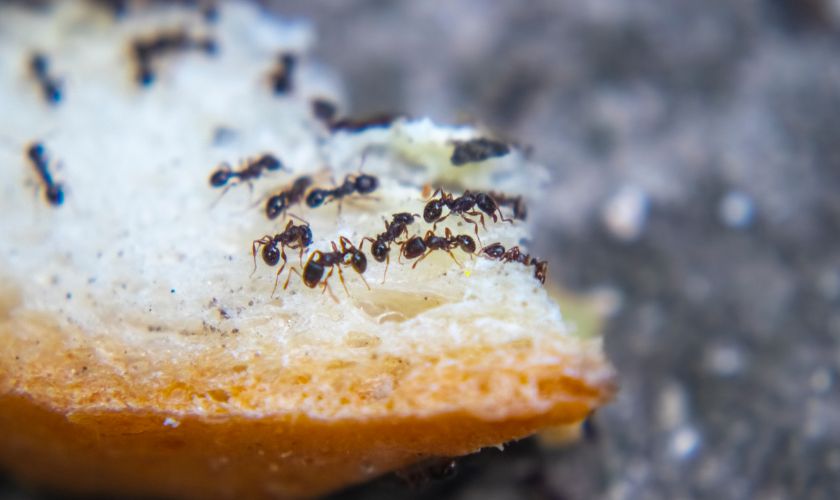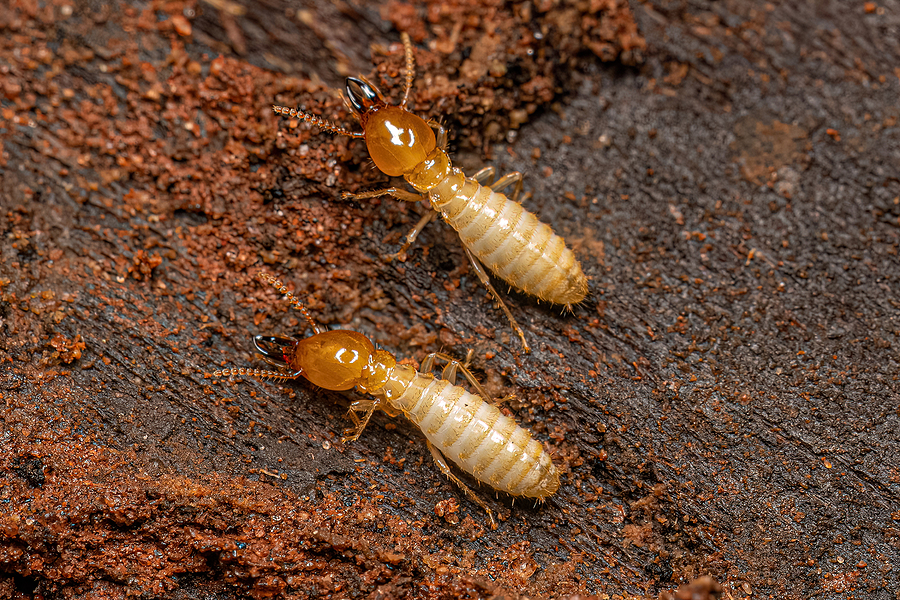Total Ant Control: Methods and Services to Defeat Ant Issues
Total Ant Control: Methods and Services to Defeat Ant Issues
Blog Article
Ecological Influence of Parasite Control: Harmonizing Efficiency With Sustainability
The environmental impact of parasite control is a crucial issue that requires a delicate balance in between attaining efficiency in ensuring and managing parasites sustainability of our ecosystems. As we strive to shield our plants, homes, and wellness from the threats presented by pests, the methods we use can accidentally damage the setting. From the usage of damaging chemicals that seep into our soil and water to the unintended repercussions on non-target varieties, the consequences of traditional insect control techniques are far-reaching. There are arising techniques that supply hope for a more lasting strategy to pest management. These options not only objective to resolve the immediate bug issues yet likewise consider the long-lasting health and wellness of our planet.
Hazardous Chemicals in Pest Control
The utilization of hazardous chemicals in insect control positions considerable environmental and health risks that require cautious consideration and mitigation techniques. Pesticides, herbicides, and pesticides are typically used to remove parasites, but their widespread application can lead to unexpected consequences. These chemicals can infect dirt, water resources, and the air, impacting not only the targeted parasites however also useful insects, wild animals, and people.

To resolve these threats, integrated insect management (IPM) techniques are being promoted as an extra lasting choice. IPM entails a mix of techniques such as biological control, habitat control, and the targeted usage of chemicals as a last hope (ant control burlington nc). By adopting an alternative method to pest control, we can reduce the environmental and wellness influences connected with dangerous chemicals while successfully handling pest populaces
Effect On Non-Target Types
Taking into consideration the unplanned repercussions of pest control approaches, the influence on non-target species is a crucial facet that needs comprehensive analysis. While bug control measures intend to target particular pests, various other organisms in the ecosystem might be accidentally impacted. Non-target types, consisting of helpful pests, birds, animals, and even plants, can experience indirect or direct damage from chemical applications or biological control methods.
Pesticides can have lethal or sub-lethal impacts on non-target varieties. For example, insecticides created to deal with a certain bug parasite may harm pollinators like bees or natural killers such as ladybugs. Furthermore, chemical deposits can accumulate in the atmosphere, affecting non-target microorganisms over time. In a similar way, biological control agents, if not species-specific, can pose risks to unexpected targets, disrupting the ecological equilibrium.
To reduce the effect on non-target types, integrated parasite management (IPM) strategies that emphasize an alternative technique to pest control are advised. These techniques focus on using eco-friendly practices, reducing harm to valuable microorganisms while efficiently managing pest populaces. Carrying out complete risk assessments and keeping track of the outcomes of parasite control efforts are important action in guarding non-target types and promoting total environment health and wellness.
Soil and Water Contamination
Unexpected environmental repercussions of bug control approaches extend beyond influencing non-target species, with considerable ramifications for dirt and water contamination - termite control. Pesticides, herbicides, and chemical plant foods used in insect control can seep right into the dirt and contaminate groundwater, posing a danger to both terrestrial and marine environments.
Water contamination is an additional vital problem connected with parasite control methods. Overflow from farming fields treated with chemicals can bring these chemicals right into nearby water bodies, affecting aquatic organisms and water high quality. Pollutants in water sources can have significant repercussions, affecting not only aquatic life but also human health and wellness with the usage of polluted water or aquatic organisms. To mitigate dirt and water contamination from parasite control tasks, incorporated parasite monitoring approaches that prioritize sustainability and reduce chemical inputs are critical.
Air Air Pollution From Pesticide Use
Exposure to airborne chemicals throughout farming applications presents a considerable worry for air contamination control measures. They can volatilize right into the air and form unpredictable natural compounds (VOCs) and various other air-borne contaminants when chemicals are sprayed onto crops - termite control services. These chemicals can add to the formation of ground-level ozone, a major element of smog that can have detrimental results on human health and wellness, crop performance, and general air high quality. In addition, chemical drift, where chemicals are brought by the wind to unintended areas, can lead to the contamination of neighboring communities and water bodies.

Methods for Lasting Parasite Control
In the realm of agricultural practices, executing sustainable bug control approaches is paramount for maintaining ecological balance and protecting crop yields. Sustainable insect control highlights making use of ecologically pleasant approaches to take care of parasite populations efficiently while lessening damage to non-target microorganisms and ecosystems. Integrated Pest Management (IPM) is a commonly embraced strategy that incorporates organic, social, physical, and chemical control techniques to accomplish long-lasting bug administration services.
Crop turning and diversity are additionally efficient methods to interfere with pest life cycles and produce much less beneficial problems for parasites to grow. Eventually, by integrating these sustainable insect control techniques, farmers can achieve an equilibrium in between pest monitoring performance this page and ecological stewardship.
Final Thought
Finally, the ecological impact of bug control approaches need to be carefully thought about to stabilize effectiveness with sustainability. Unsafe chemicals used in bug control can bring about soil and water contamination, air pollution, and damage non-target varieties - ant control services. It is vital to implement sustainable insect control methods to decrease these negative impacts on the atmosphere and advertise a much healthier ecological community for future generations
By adopting a holistic method to pest control, we can lessen the ecological and wellness impacts connected with dangerous chemicals while effectively handling pest populaces.

To minimize the air contamination created by pesticide usage, it is vital to embrace integrated insect administration methods that prioritize the use of non-chemical pest control methods, such as plant rotation, all-natural killers, and immune crop varieties. Sustainable pest control stresses the usage of eco pleasant methods to take care of bug populations properly while reducing damage to non-target organisms and ecological communities. Integrated Insect Administration (IPM) is an extensively adopted method that integrates organic, social, physical, and chemical control approaches to achieve long-term insect administration remedies.
Report this page